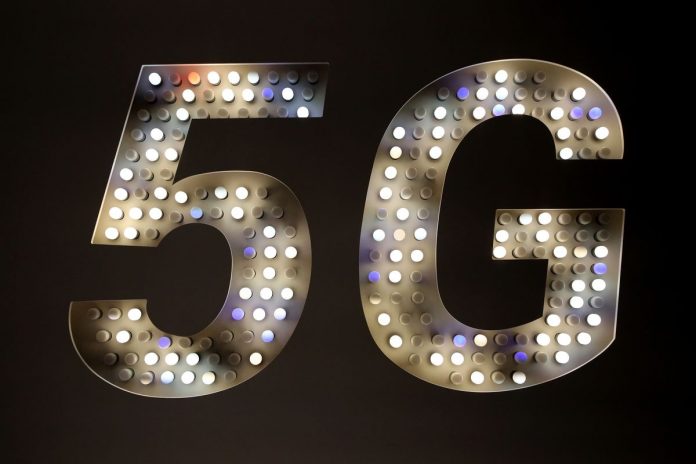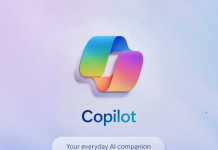
Samsung Electronics Co. and Huawei Technologies Co. may have unveiled 5G smartphones for consumers in the past week, but carriers expect business clients to lead the way in generating revenue from the latest wireless technology.
Early fifth-generation services are first being tailored to corporations, according to Thaddeus Arroyo, head of AT&T Inc.’s unit dedicated to business customers. Companies are demanding faster speeds in order to connect things from machines in factories to cars and entire hospitals, he added.
“5G will generate revenue in the enterprise first for AT&T,” Arroyo said Monday at Bloomberg’s CEO Forum event, part of MWC Barcelona, the industry’s biggest trade show. “Services have already launched in the U.S.”
While private consumers using smartphones generated most of the wireless data in 2015, that ratio will flip in favor of companies in 2025, said Helmut Reisinger, the head of French carrier Orange SA’s enterprise unit. Carriers can help companies capture, organize and secure that data, he said.
“The enterprise segment will be where 5G can fulfill its promise,” Reisinger said in a separate panel at the CEO Forum.
In Australia, mining, oil and gas and logistics companies are looking to deploy technologies including 5G in their operations, Andrew Penn, the chief executive officer of Telstra Corp., said during the same panel conversation.
Carriers have been busy building a foundation for 5G applications, which will show “meaningful revenue” in 2020 and 2021, said Roger Entner, an analyst at Recon Analytics LLC.
Meanwhile, it will be “a few years” before a significant mass of regular consumers get their hands on devices running 5G and foldable screens, according to Forrester analyst Thomas Husson.





